Description
The Ascophyllum nodosum seaweed – with its delicate blend of growth hormones and micronutrients – has been a staple of British agriculture for centuries. So when it came to deveoping Shropshire Seaweed, we decided we better not tinker with it too much.
Instead, our seaweed feed is dried and cold-pressed so none of the goodness of these underwater plants gets wasted. You’ll find no chemical supplements here, which is why the product has been approved by Organic Farmers and Growers – the highest UK standard.
The result is a versatile liquid fertilizer which delivers outstanding results across the board: increasing fruit and vegetable yields; promoting stronger, healthier flowers and plants; and producing picture-perfect lawns.
Shropshire Seaweed is harvested sustainably and sold exclusively through the internet and small, independent traders. Relying only on the word-of-mouth recommendations of our loyal fans, this new product has risen to become one of the UK’s best-selling organic plant feeds in the space of just four years.
Scroll down to discover more about Shropshire Seaweed and its many applications. If you have any questions, we’d love to hear from you.
The Result
Shropshire Seaweed’s unique mix of growth hormones and nutrients offers an immediate pick-me-up to plants of all shapes and sizes. Over the medium-to-long-term, they’ll also enjoy signifcant improvements in terms of soil quality, root structure and energy capture. Seaweed creates a complimentary environment for healthier plants and stronger growth. And best of all: it’s totally organic.
Growth
Special growth hormones called cytokinins and auxins act like ‘plant steroids.’ They’re absorbed directly through the foliage and result in larger vegetables; juicier fruits with longer shelf-lives; and fuller crops across the board.
Roots
Seaweed’s plant hormones also work below the surface, stimulating the development of more extensive root systems. This helps to increase water access, resistance to root diseases, and offers protection against wind damage.
Soil
Alginates are a well-known ‘clay improver’ and also help to hold water in the topsoil. Meanwhile, seaweed encourages microbes within the soil to convert unavailable nutrients into a form that plants can actually use.
Nutrition
Seaweed contains many vital micronutrients that help protect against stress and disease. Alginic acid and mannitol, also present in seaweed, are superb carriers of these elements, taking them straight to where they’re needed.
Energy
Seaweed increases the amount of chlorophyll in leaves, allowing plants to better harness energy from the sun. With more energy plants enjoy stronger growth and appear greener, healthier and more vibrant.
The Result
Shropshire Seaweed’s unique mix of growth hormones and nutrients offers an immediate pick-me-up to plants of all shapes and sizes. Over the medium-to-long-term, they’ll also enjoy signifcant improvements in terms of soil quality, root structure and energy capture. Seaweed creates a complimentary environment for healthier plants and stronger growth. And best of all: it’s totally organic.
Organically Approved
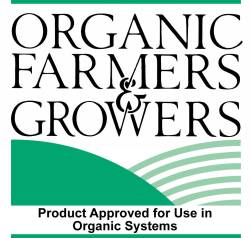
Shropshire Seaweed meets the highest standards for organics in the UK – those set out by Organic Farmers and Growers.
The Shropshire Connection
develop Shropshire Seaweed.
Of course, there’s no seaweed to be found growing around these parts. We have to go to Ireland for that. The waters there are some of the cleanest in the North Atlantic, which helps to produce the healthiest and best Ascophyllum nodosum around. All the seaweed we use is grown and harvested on a sustainable scale, then it’s dried and brought by sea for processing.
A Very British Fertilizer
Historians have discovered that seaweed has been harvested for use as a plant supplement since Roman times, with the earliest evidence of its use being in the Scottish islands. The practice appears to have caught on and by the nineteenth-century many British coastal locations boasted their own seaweed gathering operations.
Until relatively recently seaweed cultivation stayed limited to coastal regions due to the difficulty in transporting the heavy kelp cross-country. However, advances in drying and processing techniques have now made seaweed a convenient liquid feed and it’s used the world over.
Modern gardeners who use liquid kelp extract, such as Shropshire Seaweed, continue a British growing tradition stretching back over 1,500 years.
Technical Data
Summary
Seaweed: Ascophyllum nodosum
Appearance: Golden to dark brown
Alginates: c. 30%
Suspended solids: c. 5%
pH: 5.3 to 6.0
Density: c. 1.05g/cm2
Solubility: Complete
Shelf life: 24 months
Macronutrients (%)
Calcium: 1.95
Chlorine: 3.42
Magnesium: 1.23
Nitrogen: 0.62
Phosphorous: 0.12
Potassium: 2.11
Sodium: 3.10
Sulphur: 1.56
Micronutrients (%)
Barium: 127
Boron: 194
Copper: 6
Iodine: 1200
Iron: 211
Manganese: 22
Selenium: 4
Zinc: 35
Active Agents
Auxins
Betaines
Cytokinins
Alginic Acid
Mannitol
Lamanarian
18 Amino Acids
10+ Vitamins
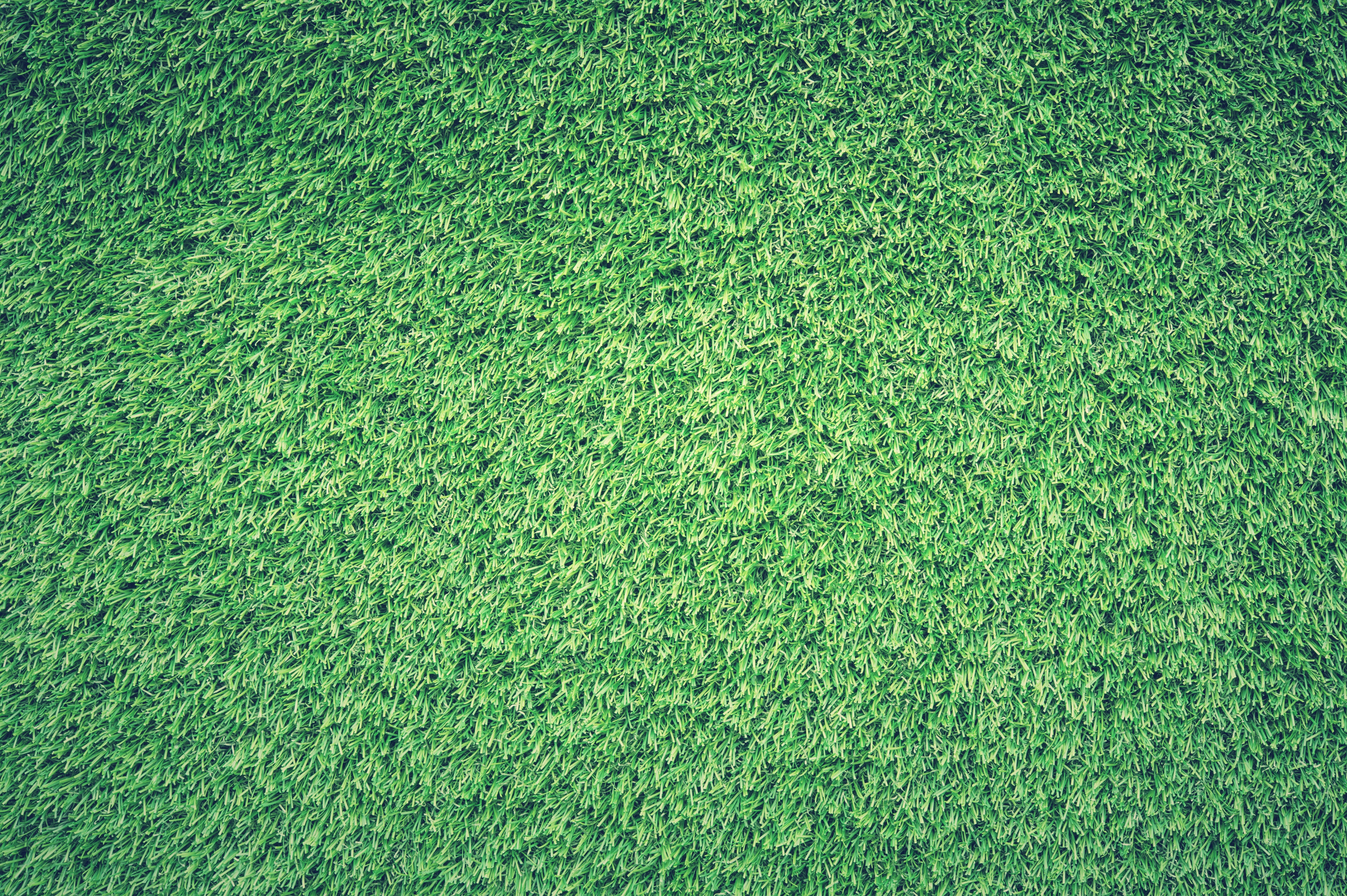



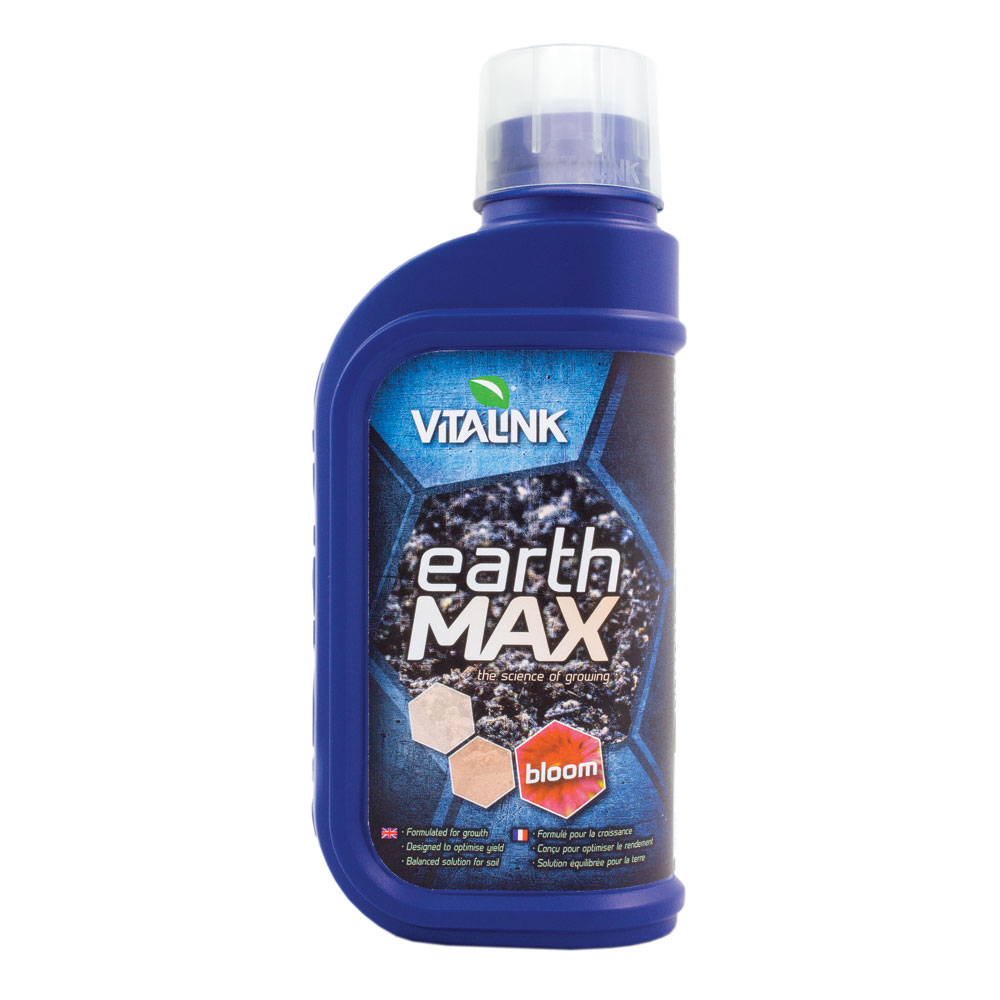
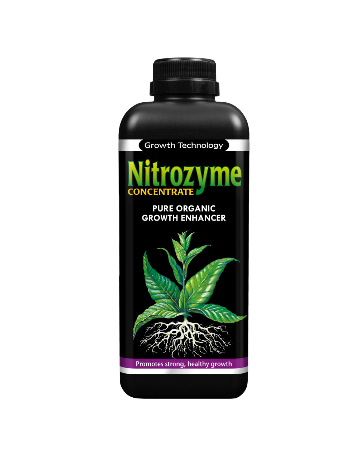
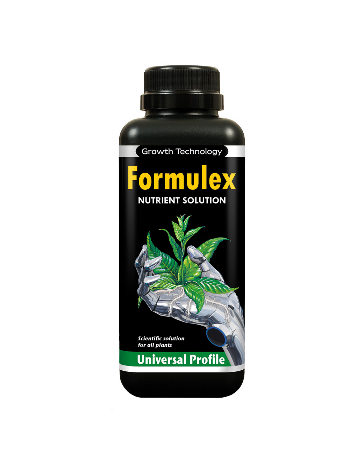
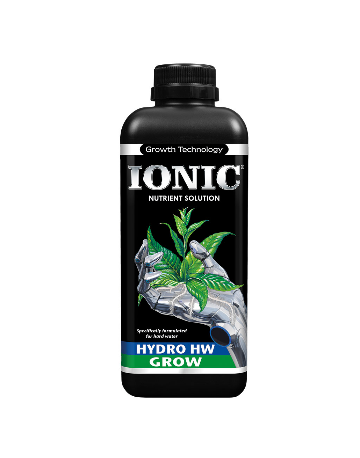
There are no reviews yet.